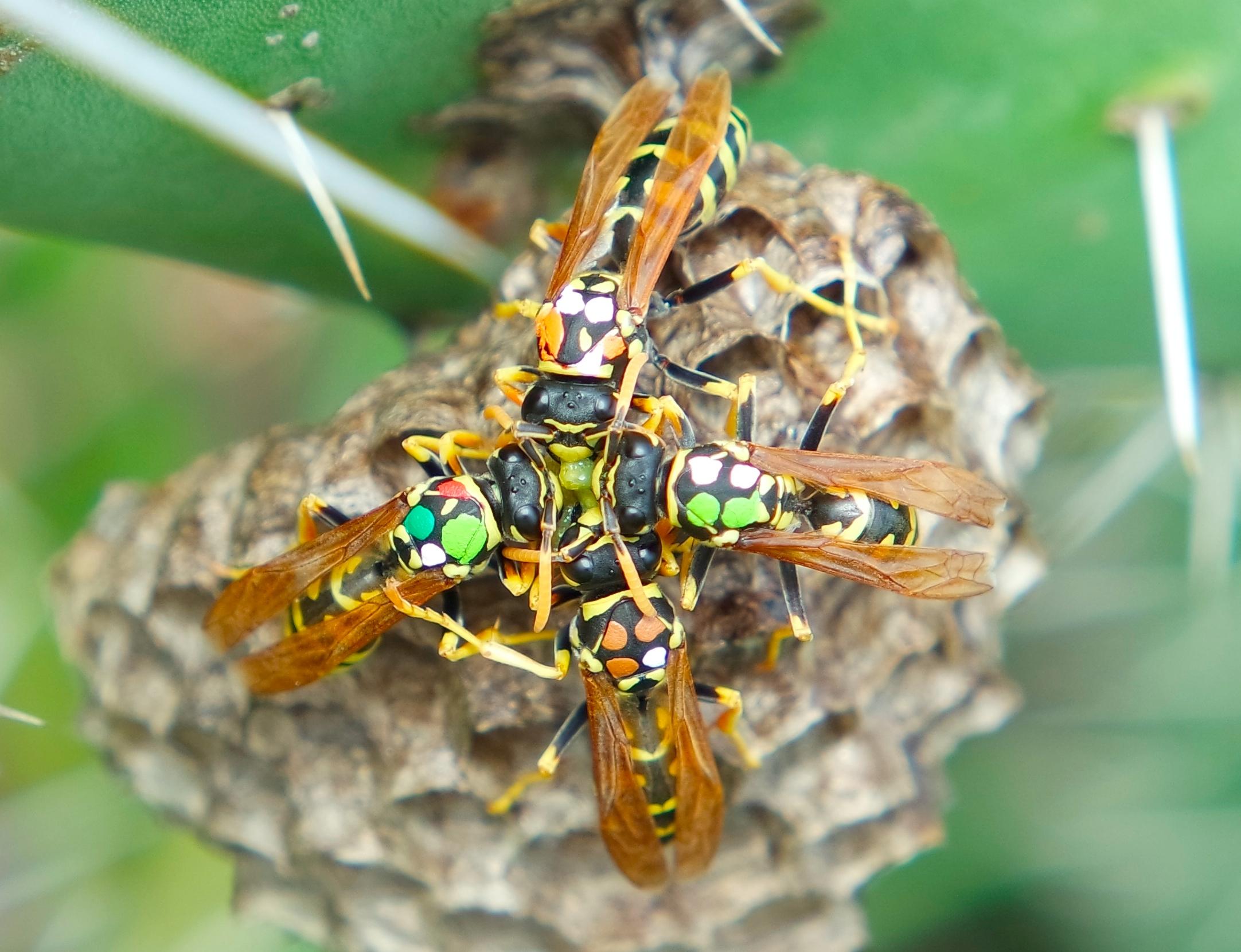The Independent's journalism is supported by our readers. When you purchase through links on our site, we may earn commission.
Nature free market economics: Worker wasps will quit nest unless bosses make better offer
‘Our findings reveal intriguing parallels between wasp populations and our own business world’

Your support helps us to tell the story
From reproductive rights to climate change to Big Tech, The Independent is on the ground when the story is developing. Whether it's investigating the financials of Elon Musk's pro-Trump PAC or producing our latest documentary, 'The A Word', which shines a light on the American women fighting for reproductive rights, we know how important it is to parse out the facts from the messaging.
At such a critical moment in US history, we need reporters on the ground. Your donation allows us to keep sending journalists to speak to both sides of the story.
The Independent is trusted by Americans across the entire political spectrum. And unlike many other quality news outlets, we choose not to lock Americans out of our reporting and analysis with paywalls. We believe quality journalism should be available to everyone, paid for by those who can afford it.
Your support makes all the difference.Worker wasps will quit their jobs if they get a better offer and their bosses react by offering improved terms and conditions, according to a new study which was the first to find supply-and-demand economics applies to social insects as well as humans.
Researchers from Sussex University examined the daily lives of about 1,500 paper wasps living in 43 different nests on a hedge of cactus in southern Spain.
The wasps are divided into two main castes: “helpers” and “breeders”.
The helpers’ main job is to look after the children of the dominant breeders in return for being allowed to live in the nest.
In a paper in the journal Nature Communications, called Market forces influence helping behaviour in cooperatively breeding paper wasps, the researchers described how they had essentially interfered in the job market by increasing the number of nests around the hedge.
The sudden arrival of new “companies” seeking staff prompted some helpers to show up less often at their own nest and instead go to another one where working conditions were better.
The breeders then responded to this loss of labour by allowing their helpers to do less work.
One of the scientists, Dr Lena Grinsted, said: “It is remarkable to discover that simply changing the wasps’ surrounding social environment has a clear effect on cooperative behaviour within groups.
“Our findings reveal intriguing parallels between wasp populations and our own business world: a bad deal is better than no deal, so when competition increases so does the risk that you have to accept a lower price for what you offer.
“Market forces can clearly affect trade agreements in nature, as they can in human markets: with a larger number of trading partners available, you can negotiate better trade deals.”
Scientists have previously viewed factors within groups of social insects, such as the number of helpers and genetic relatedness, as the predominant factors influencing behaviour.
Join our commenting forum
Join thought-provoking conversations, follow other Independent readers and see their replies
0Comments